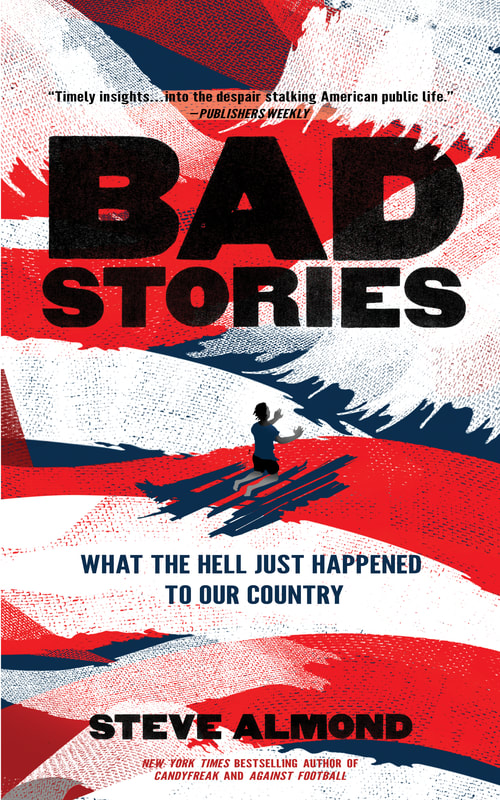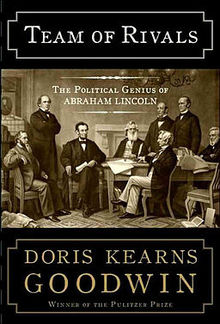
[2/27/20 Update: See author John Ironmonger's blog about how this book relates to our current coronavirus outbreak.]
Scientists tell us we are programmed to be drawn to round baby faces; dopamine is released in our brains and we feel protective instincts. Likewise, when we see somebody struggling or hurt, there is an instinct to help.
The word "perversion" derives from the Latin perversionem and is defined as "action of turning aside from truth, corruption, distortion."
So, looking at our present government policy of taking children away from their parents, locking them in cages, and neglecting them, one can deduce that we have a policy of perversion. In response to being directed to commit perverted acts, some of us refuse and blow the whistle, and others become full-fledged perverts. On a recent 60 Minutes interview, Nazi war criminal prosecutor Ben Ferencz says that "War makes murderers out of otherwise decent people. All wars and all decent people." It turns people against themselves—their inborn altruism—turning them into perverts.
The election of the Trump administration has brought us into all-out war with and for our national soul.
John Ironmonger's 2015 novel Not Forgetting the Whale begs the question of what is natural—self-preservation or generosity and sacrifice, and the story swept me away and ultimately reaffirmed my belief in our innate altruism.
In this smart and compelling parable we learn about dependencies, supply chains, connections between everything, and how things happen according to streams of supply and need. We debate the possible end of civilization as we know it due to our human self-interest vs. an optimistically imagined natural impulse for generosity and sacrifice. All this forms the matrix of this story about a naked man and a beached whale, both of whom wash up on the shore of the off-the-grid village of St. Piran in the southwest corner of England.
The writing and storytelling are wonderful. The profound issues start artfully and become more heavy-handed as the book progresses. But I am interested in these subjects so I was consistently intrigued, sometimes pausing to contemplate the big issues of what causes everything to happen and how to redirect the train of actions leading to catastrophic events. There is a mythical quality to the tale, and the sometimes-sentimentality or intellectual debates about our nature worked! I was completely engaged and couldn’t put the book down. Read More




 James Comey is a very good writer, storyteller, and teacher, so on a literary level (except for one odd plot order choice—the highly dramatic John Ashcroft hospital showdown between Comey and Bush representatives—which I suspect has to do with the need to insert a ton of detailed background information), this book works.
James Comey is a very good writer, storyteller, and teacher, so on a literary level (except for one odd plot order choice—the highly dramatic John Ashcroft hospital showdown between Comey and Bush representatives—which I suspect has to do with the need to insert a ton of detailed background information), this book works.

 This book is staggeringly good. I was familiar with Steve Almond from his short stories, but this is straight journalism at its best (which he teaches at Harvard). (It is clear from Almond's thought processes and messages to students, presented in this volume, that he is a great teacher and seasoned journalist.)
This book is staggeringly good. I was familiar with Steve Almond from his short stories, but this is straight journalism at its best (which he teaches at Harvard). (It is clear from Almond's thought processes and messages to students, presented in this volume, that he is a great teacher and seasoned journalist.) Timing is important. There is a time for rage and a time for laughter, and right now rage reigns—as it should. After centuries of suppression, critical mass has been reached, the #MeToo movement has exploded, and male bodies are flying. Time magazine has put it on its cover. It's about time!
Timing is important. There is a time for rage and a time for laughter, and right now rage reigns—as it should. After centuries of suppression, critical mass has been reached, the #MeToo movement has exploded, and male bodies are flying. Time magazine has put it on its cover. It's about time! It's not complicated: "No" means no. "No, I don't want to do that." "No, stop that." "No, I don't think that is funny."
It's not complicated: "No" means no. "No, I don't want to do that." "No, stop that." "No, I don't think that is funny." What really happened? What always happens: Politics, like life, is not fair. Nobody tells the whole truth. Everybody thinks they're right and excoriates everybody who doesn't agree with them. And the best we can do with this mess is try to listen to everybody with an open mind, make the best choices we can—knowing that none of them are perfect, and when we are in peril, choose whatever compromise most assures life.
What really happened? What always happens: Politics, like life, is not fair. Nobody tells the whole truth. Everybody thinks they're right and excoriates everybody who doesn't agree with them. And the best we can do with this mess is try to listen to everybody with an open mind, make the best choices we can—knowing that none of them are perfect, and when we are in peril, choose whatever compromise most assures life. This is a wonderful nuanced book that resonates mightily with and informs what is going on today. Read it if you want to understand any kind of historical basis for what is now happening in the U.S. Read it if you love the minutia of history—every conversation ever recorded during the Lincoln period, every permutation and convolution of the Civil War, the complex emotional motivations behind the factions (a lot of people fought more for preservation of the union than out of any conviction about slavery)—or if you feel as if you need to learn U.S. history. This book has garnered enormous public attention as well as an award-winning movie based on it, so I am not going to write more commentary on what is in it. Instead, here are some opinions about the very important content that is missing.
This is a wonderful nuanced book that resonates mightily with and informs what is going on today. Read it if you want to understand any kind of historical basis for what is now happening in the U.S. Read it if you love the minutia of history—every conversation ever recorded during the Lincoln period, every permutation and convolution of the Civil War, the complex emotional motivations behind the factions (a lot of people fought more for preservation of the union than out of any conviction about slavery)—or if you feel as if you need to learn U.S. history. This book has garnered enormous public attention as well as an award-winning movie based on it, so I am not going to write more commentary on what is in it. Instead, here are some opinions about the very important content that is missing.